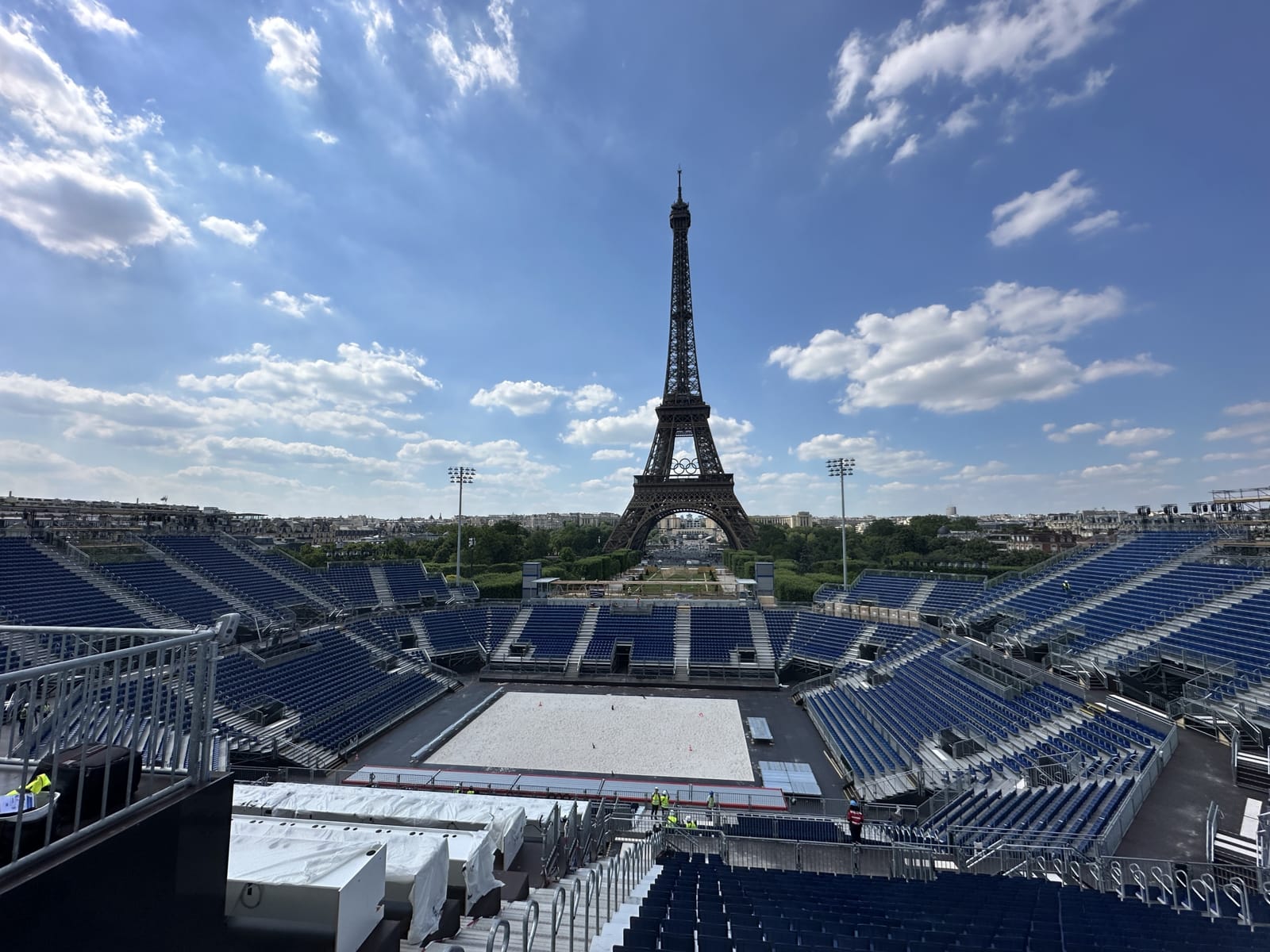Hosting the Olympics does not come cheap. The cost of the upcoming Paris Games is estimated to be at least €9 billion (A$14.5 billion).
Against the cost proponents of the Olympics and other mass event games argue that hosting brings benefits in economic stimulus, much needed infrastructure, boosts to tourism, and soft power. The overall value of the Olympics depends on whether these benefits, some hard to measure, exceed the costs. The history of the Olympics suggests that the economics rarely stacks up. So this leaves soft power – the warm inner glow for the citizens of the host city, the diplomatic gains from positive perceptions of the country – as the balancing factor.
So how well have the Olympics done in adding value for their hosts?
One argument for hosting an Olympics is that it provides a fiscal stimulus for the host city. The long run from bid to event rules out the smoothing role that public spending can play in balancing out the business cycle. The value lies in the transport and other infrastructure that is built for the event having an economic return well into the future.
The Games bring a boost to tourism, but with the exception of the 1992 Barcelona Games, there is little evidence of a sustained rise in tourist numbers.
The investment in both the 1956 Melbourne and 2000 Sydney Olympics has had long term benefits from the infrastructure investment. Sydney, for example, used the event to redevelop degraded areas near the city. London also sought to use the 2012 Olympics to restore the fortunes of East London.
While these investments yield value, it is likely that their construction cost more as part of an Olympic build than would otherwise have been the case simply because Olympic timetables concentrate the demand for construction workers and supply. The event horizon also gives firms, and unions, greater leverage to push up prices, and large expensive projects offer greater scope for corruption. The 1976 Montreal Games was an illustrative example.
The value from purpose-built facilities, while great for their specific sports, is less clear. Facilities built for world scale events tend to be costly to maintain, and hard to fill with regular events. Similarly, the Games bring a boost to tourism, but with the exception of the 1992 Barcelona Games, there is little evidence of a sustained rise in tourist numbers. Hosting does tend to increase interest in sport, and the availability of some facilities has enabled sporting achievements on the global stage. Australia’s Fox family no doubt benefited from the 2000 Olympic white water canoe facility.

Olympics are hosted by cities, so the cost calculation for the city depends very much on how much funding they can leverage from higher levels of government, the private sector and recoup on ticket sales. The International Olympics Committee (IOC) owns the broadcast and marketing rights, but these are not a source of revenue for building the infrastructure. As governments at all levels face greater fiscal pressure, making the case for hosting very expensive sporting events is getting harder.
This problem was reflected in Australia last year when the Victorian state government cited rising costs in the decision withdraw from hosting the 2026 Commonwealth Games. Even with the IOC moderating its demands it is hard to make an economic case unless the Games mostly use existing infrastructure, as for the 1984 Los Angeles Olympics.
So what of the soft power argument? The Eastern European countries and Soviet Union boycotted the 1984 Los Angeles Games in retaliation for the US boycott of the 1980 Moscow Olympics. A total of 22 African countries earlier boycotted the Montreal Games after New Zealand was allowed to participate despite the All Black’s rugby team violating sport sanctions with a tour of South Africa.
As long as the world can bring together the best athletes from all nations, including from countries under heavy sanctions, to compete under agreed rules of engagement, there is hope.
While this spate of political boycotts has not been repeated, the Games provide an opportunity to pressure governments, such as on Indigenous rights for Sydney 2000 and the treatment of the Uighurs for 2008 Beijing. These protests tend to be forgotten during the Games, but, adding the disruption to locals, corruption scandals, and cost overruns, most Games bring more bad than good press for governments in the lead up. High level political attendance at the Games, however, does offer an opportunity to reopen dialogue between countries in a neutral setting. The 2018 PyeongChang Winter Olympics was a case in point, with South Korea and North Korea using the event kick off another phase of diplomacy.
Despite questionable economics and mixed soft power impact, the idea of hosting the Olympics remains attractive to many city and country governments. Similarly, industry policies are politically attractive as they can be sold on bringing back “good” jobs and improving security. Just like the Olympics, governments should subject these policies to thorough scrutiny before they bid.
There is a final consideration that goes beyond the value to the host country, and perhaps points to why hosting the Olympics has value. As long as the world can bring together the best athletes from all nations, including from countries under heavy sanctions, to compete under agreed rules of engagement, there is hope. Hope that cooperation can extend to resolving differences through peaceful rather than military means. And hope that international organisations will be able to remake the rules to provide for ongoing and global cooperation.

